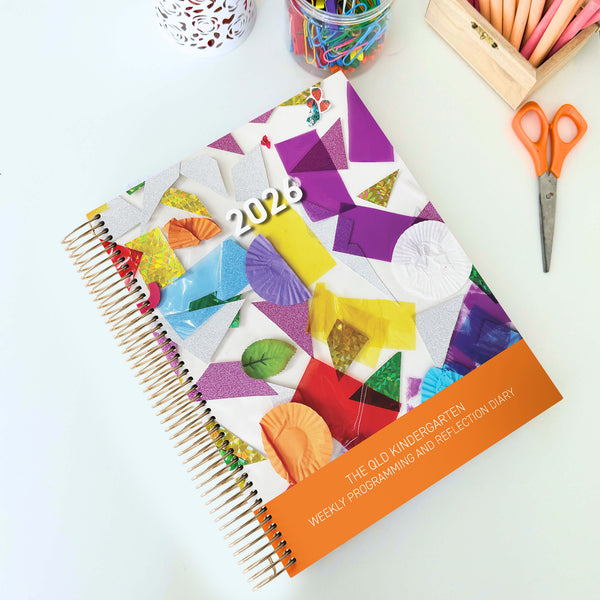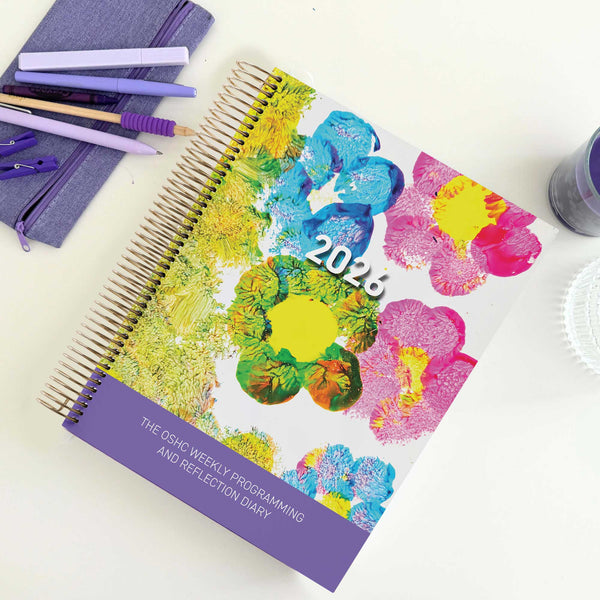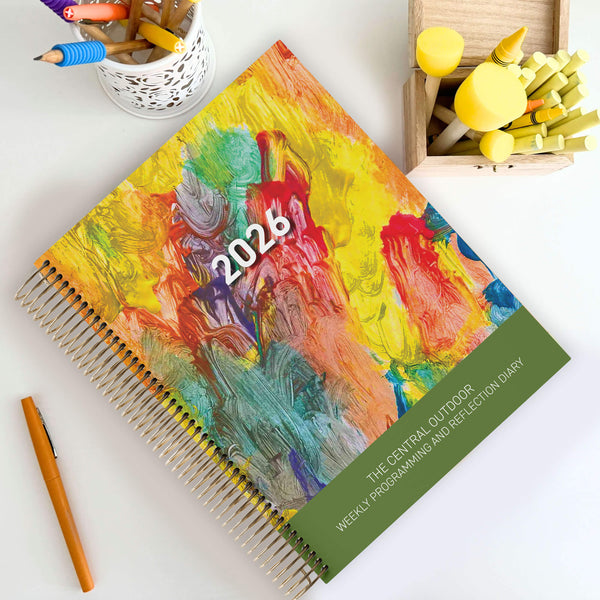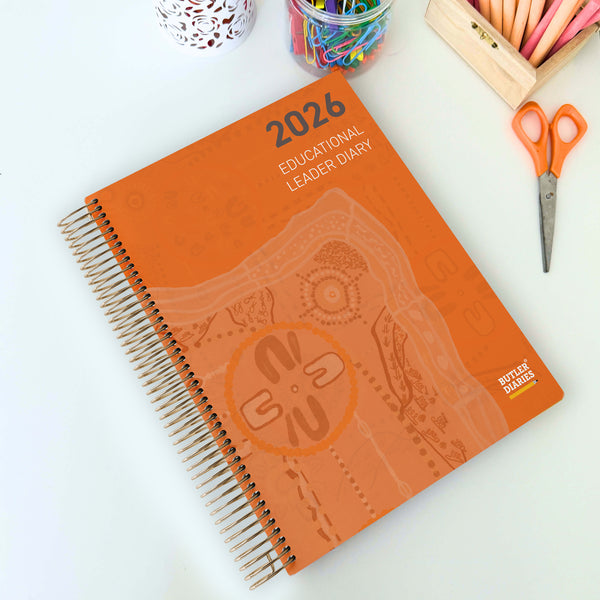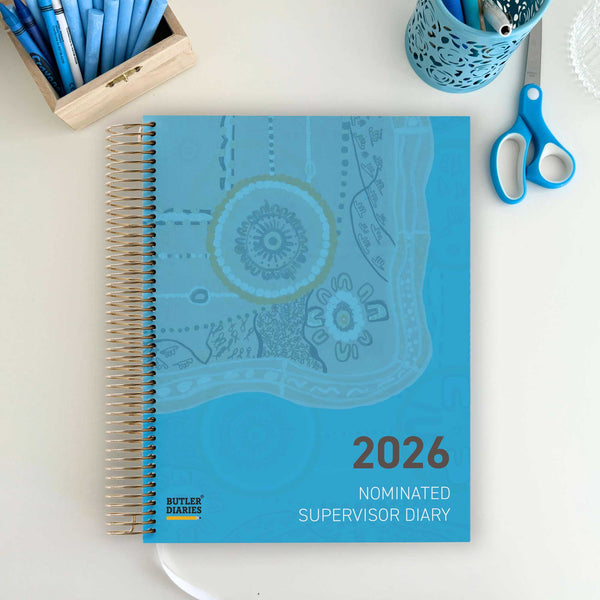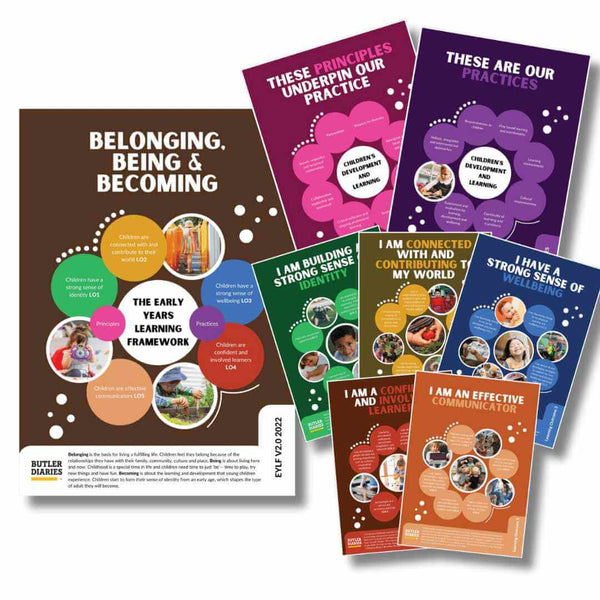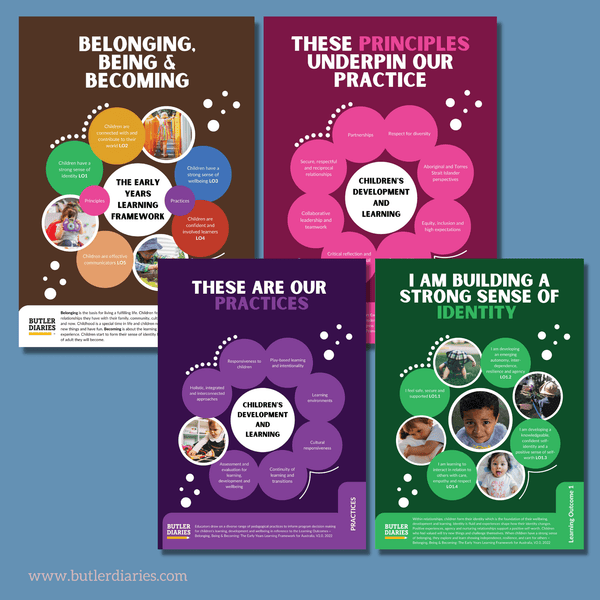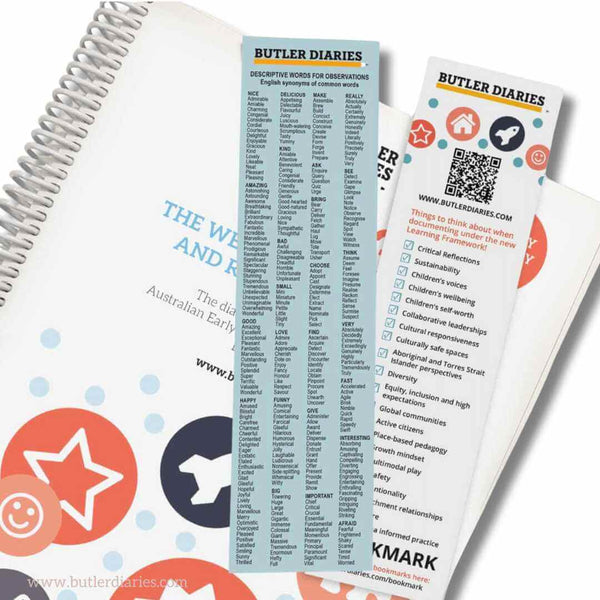In Early Childhood Education and Care (ECEC), there exists a fundamental thread that weaves through every successful program: the partnership between educators and families. This collaboration forms the cornerstone of a child's educational journey, laying the groundwork for holistic development and lifelong learning. It is difficult to create these family partnerships without families being able to completely understand the program and how to contribute to it.
Building Trust and Connection
At the heart of effective family partnerships lies trust and connection. When families entrust educators with the care and education of their children, they embark on a shared journey towards nurturing their potential. Establishing open lines of communication, welcoming families into the educational setting, and demonstrating genuine care and respect are pivotal in fostering trust. By acknowledging families as valued partners in the educational process, educators can create a supportive environment where collaboration flourishes.
Empowering Families as Advocates
Empowering families to understand and participate in the educational program empowers them as advocates for their child's learning journey. Educators play a pivotal role in providing families with insights into the curriculum, teaching methodologies, and developmental milestones. Through regular communication, including newsletters, parent-teacher meetings, and workshops, families gain a deeper understanding of their child's experiences and progress. Armed with this knowledge, they can actively support and reinforce learning at home, creating a seamless continuum between the home and educational setting.
You can empower families with our range of supportive resources:
- Download our free Parent Information on Butler Diaries below.
- Download our Free EYLF Portfolio Information for Families to include in the front pages of children's portfolios here.
- Display EYLF posters such as our Agency Posters.

Cultural Responsiveness and Inclusivity
Cultural diversity enriches the fabric of early childhood education, highlighting the importance of cultural responsiveness and inclusivity in family partnerships. Recognising and respecting the unique cultural backgrounds, traditions, and beliefs of each family fosters a sense of belonging and acceptance. Educators can embrace cultural diversity by incorporating culturally relevant resources, celebrating festivals and traditions, and inviting families to share their cultural insights and experiences. By creating an inclusive environment that honours diversity, educators nurture a sense of pride and identity in every child, laying the foundation for a harmonious and equitable society. You can also capture and document your efforts in the Culturally Responsive Year Wall Calendar.

Supporting Transitions and Milestones
Transitions play a significant role in a child's educational journey, whether it be transitioning to a new room within a childcare centre, starting school, or experiencing significant life changes. Family partnerships are instrumental in supporting children through these transitions, offering continuity, reassurance, and guidance every step of the way. By involving families in transition planning, sharing resources and information, and addressing any concerns or anxieties, educators can ease the transition process for both children and families. Together, educators and families can celebrate milestones, navigate challenges, and embrace new beginnings, fostering resilience and adaptability in children.
The Ripple Effect of Collaboration
The impact of strong family partnerships extends far beyond the walls of the educational setting, creating a ripple effect that resonates throughout the community. As families become active participants in their child's educational journey, they gain a deeper appreciation for the value of early childhood education. This heightened awareness not only enriches the educational experiences of their own children but also inspires advocacy and support for early childhood education initiatives on a broader scale. By nurturing strong partnerships with families, educators cultivate a culture of collaboration, advocacy, and lifelong learning that reverberates throughout society.
The importance of partnerships with families in early childhood education cannot be overstated. By fostering trust, empowering families, embracing diversity, supporting transitions, and nurturing collaboration, educators lay the foundation for a transformative educational experience that celebrates the uniqueness of every child. Embark on this shared journey of learning and growth by downloading our free Parent Information on Butler Diaries factsheet that supports families understand programming, the Butler Method, the benefits of written records, and how to read and participate in your program.
Please download your FREE Parent Information Pack below











